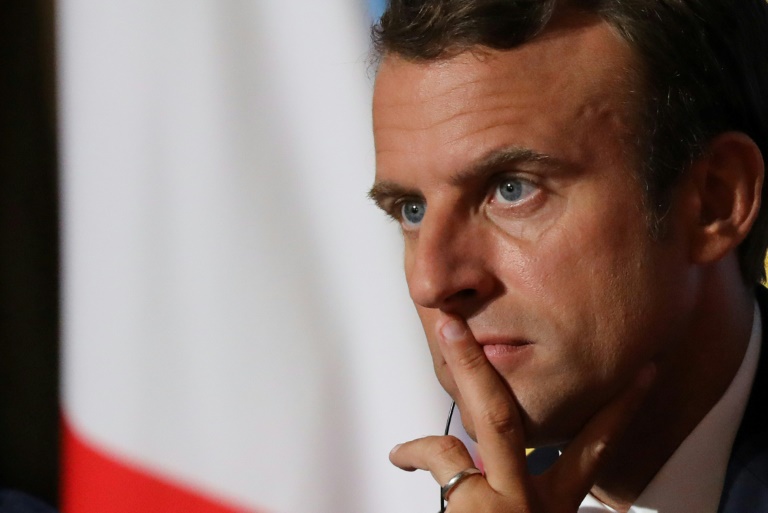According to Kevin Hart, Dave Chappelle is the “GOAT” of comedy — the greatest of all time. It’s not only because of his ability to “punch lines,” as Chappelle himself would say; it’s also how he chooses his comedy and what he wants to do with it, not caring about the potential consequences of his actions.
Don’t get us wrong, Chappelle is very funny — maybe even the funniest of all time. But his punch lines do sting, even if he does not punch up or down. His jokes about “Space Jews” conquering the world in his Netflix special The Closer gave us Jews watching a quick punch in the gut, needing a minute to recover. They were quick but solid jabs. They hurt. We could only imagine what the rest of the special was like for the LGBTQ+ community.
When it is funny, comedy is meant to allow for critique without condemnation. When done right, it becomes a platform for social commentary in a way that is non-threatening. A comedian’s joke is meant to tone down the emotional stakes so that the real truths of the matter can be examined.
But this can only occur when comedians and their audiences can see the joke as critique and not condemnation. In the wrong setting – or with the wrong subtext – a joke can quickly become more akin to hate speech.
Intent
According to Netflix’s CEO Ted Sarandos, however, hate speech is not in the ears of the beholder. The one who lands the punch (line) is innocent if he didn’t mean harm. The pain isn’t real if it’s for the sake of a joke.
In an interview with Variety, Sarandos was asked what the protocol for defining hate speech at Netflix was, and what would cross that line. “Where we’ll definitely draw the line is on something that would intentionally call for physically harming other people or even remove protections,” he answered. “For me, intent to cause physical harm crosses the line, for sure.”
In one respect, Sarandos is correct. There is no legal definition of “hate speech” in American law since laws criminalizing hate speech would violate one’s constitutional right to freedom of speech. Even if one wants to say that hate speech causes emotional distress, the common law tort requires that such infliction be either intentional or at least reckless through “extreme and outrageous” behavior.
Words Matter
Yet Sarandos’s response seems lacking. It is missing the common decency of recognizing that harm is not only physical. It also ignores the point that words matter. They have impact. Even if they don’t lead to fists today, they may tomorrow. Words can hurt, and they destroy our common community.
Sarandos may have been speaking quickly. If he had to write out Netflix’s “No Hate Speech Policy,” it’s doubtful he would be okay with a line that disallows calls for actual violence but would be okay with advocating hating others but not acting on it.
Of course, it is more difficult because Netflix is, in his words, “trying to support creative freedom and artistic expression.” It’s also true that “the world is made up of folks with a lot of different sensibilities and beliefs and senses of humor and all those things — sometimes, there will be things on Netflix that you dislike.” Yes, art should cultivate freedom of expression and creativity, but it should never be harmful — even for the sake of art.
Business of Hate Speech
Ted Sarandos is not the GOAT of comedy. He does not have the luxury of not caring about the potential consequences of his actions. Leaders who spread information, whether it be entertainment or other media, should not only consider their wallets and their shareholders. They must also consider other stakeholders, such as their employees and their viewers.
In addition, they should consider the effects their products have on society and civil discourse. Being in the business of hate speech – or any type of speech that promotes hatred or hurt – may be a good short-term strategy, but it will not be a sustainable business model.
We are not denouncing comedy; we just want it to be funny.
Disclaimer: The views and opinions expressed here are those of the author and do not necessarily reflect the editorial position of The Globe Post.

















